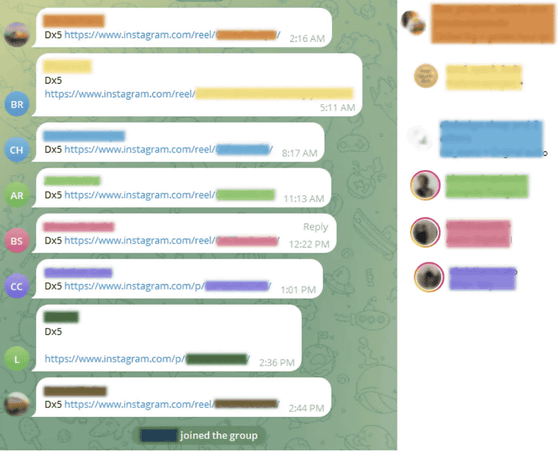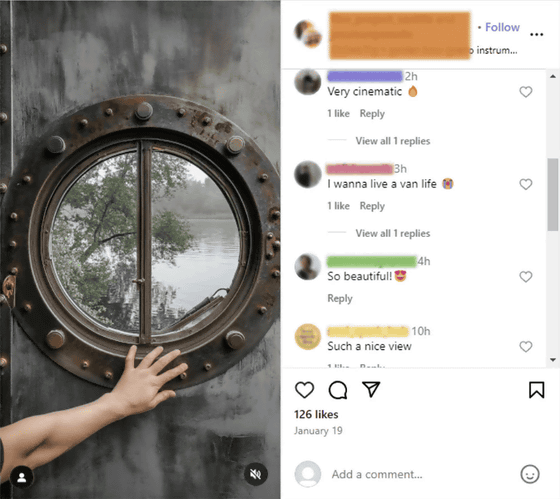How influencer cartels use social media

As advertising budgets are increasingly being allocated to influencers, a research team is investigating the possibility that influencers may be colluding with each other to increase engagement and boost advertising revenue.
How influencer cartels manipulate social media: Fraudulent behaviour hidden in plain sight | CEPR

The research was carried out by
As of 2023, the budget for influencer marketing is estimated at $31 billion (approximately 4.83 trillion yen), an amount comparable to the advertising budget for print newspapers. The advantage of influencer marketing is that advertisers can achieve precise targeting based on consumer interests by carefully selecting the right match between products, influencers, and consumers.
The research group points out that in influencer marketing, most influencers, except for celebrities, are not compensated based on sales generated by successful campaigns, and in fact, less than 20% of companies track sales generated by their marketing campaigns.
Instead, influencers are compensated based on 'influence metrics' such as the number of followers and engagement (likes, etc.), which can create an incentive for influencers to exaggerate their influence more than they actually do.
Already, it's estimated that 15% of influencer marketing budgets are misused on inflated influence.
The research group also points out that there is an influencer cartel that operates to inflate engagement numbers and drive up advertising fees.
Below is an example of how cartels operate: They gather in chat rooms and share URLs that they want to increase engagement with.

The cartel members would access the shared URL, post comments, and click 'likes.' The photos posted on Instagram were replaced with similar photos generated by the research group using AI.

The value of influencers is to promote products to target readers. However, if you use an influencer who cannot legitimately attract engagement, consumers will see content that they are not interested in, and advertisers will not be able to deliver their advertisements to their intended targets, which will not lead to profits.
The research group used machine learning to compare the quality of natural engagement with the quality of cartel-driven engagement, based on data from topic-specific influencer cartels (topic cartels) and general cartels (general cartels).
The results showed that the engagement generated by general cartels was of lower quality than natural engagement, while topic cartels were relatively close to the engagement of regular users.
The research group performed calculations and found that if advertisers were to pay for cartel-based engagement as if it were the same as natural engagement, they would receive 60% to 85% of the value of the engagement with topic cartel, and only 3% to 18% with general cartel. This shows that general cartels provide almost worthless engagement to advertisers, and that topic cartels also reduce the value of engagement.
Based on these survey results, the research group makes the following three recommendations:
1: General cartels are likely to reduce the value of engagement, and stronger regulation benefits society
2. Rules banning the buying and selling of fake social media metrics should also cover behavior like mutual engagement
3: The practice of rewarding people for the amount of engagement encourages harmful collusion
To improve things, he said, paying influencers based on their actual value is an approach that should be pursued.
Related Posts:
in Note, Posted by logc_nt





